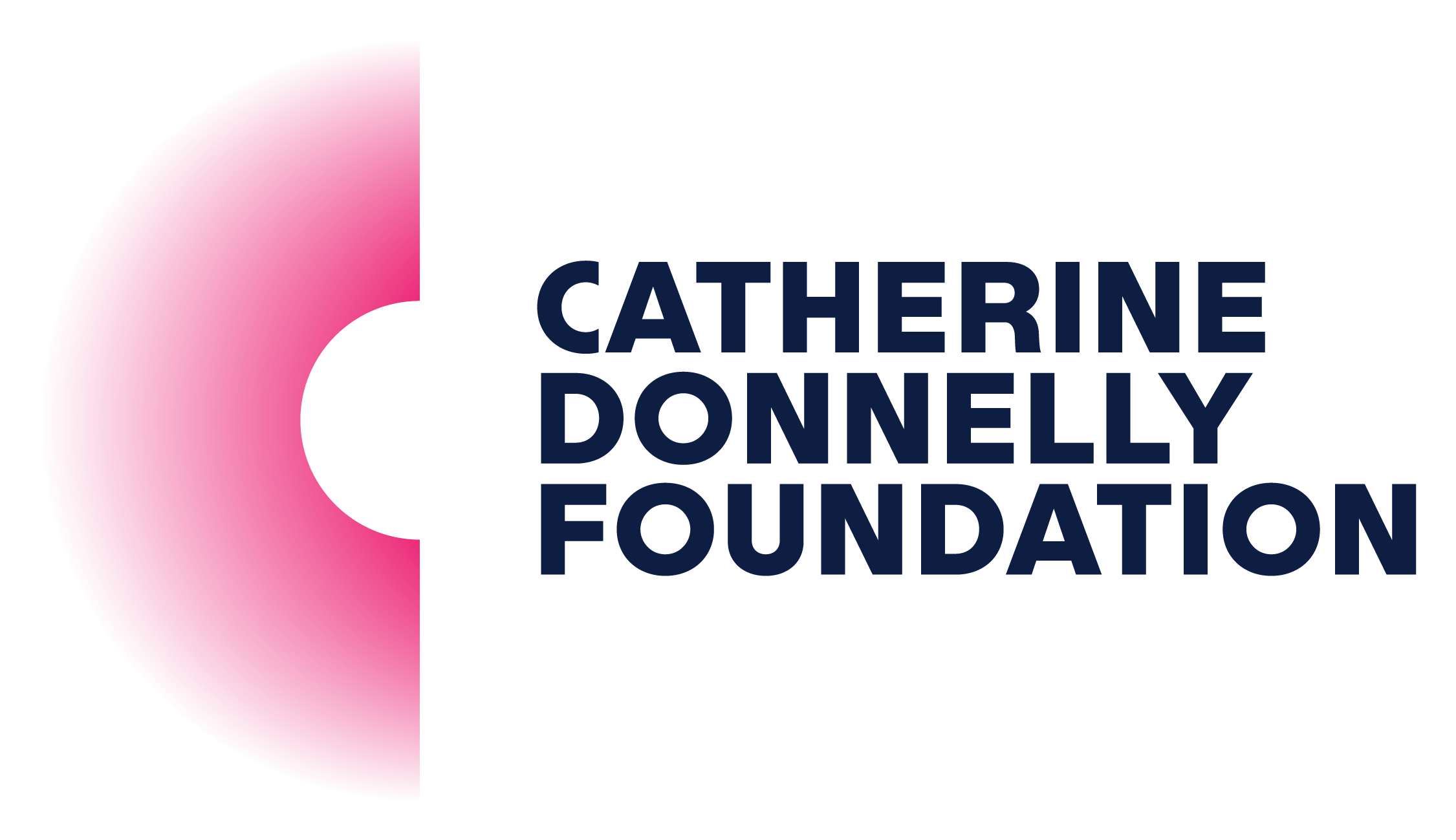Insight, News
April 27, 2022
Catherine Donnelly Foundation residential school gifts to support healing: Q&A with Claire and Anne
Claire Barcik and Anne Mark of the Catherine Donnelly Foundation discuss the Foundation’s recent $1 million gifts to support healing in Indigenous communities
In April 2022, the Catherine Donnelly Foundation gifted nine Indigenous organizations a total of $1 million to support Indigenous Peoples and communities as they respond and heal from the intergenerational trauma of residential schools. Executive Director Claire Barcik and Director of Programs Anne Mark discuss the thinking behind the contributions, the process followed and their hopes for what follows.
How did the idea for these gifts first come about?
Claire: The Foundation was originally established with funds from the Sisters of Service, a Catholic religious order. The Sisters weren’t directly involved in the Residential Schools, but the Foundation has long understood we have a duty to seek reconciliation and reciprocity with Indigenous Peoples. In 2015, we were among the first philanthropic foundations to sign a pledge committing to the spirit and content of the Truth and Reconciliation Commission’s Calls to Action. We’ve also committed to funding Indigenous-led and Indigenous-focused programs. Between 2017 and 2022, almost 60 organizations – mostly Indigenous led – received more than $3.4 million.
The confirmation of thousands of gravesites at former residential schools across Canada in 2021 underscored the ongoing tragedy and reinforced our belief in the need for a compassionate and thoughtful response. Conversation with one of our Indigenous board members sparked reflection on what immediate action we might take. That’s when the idea of gifting funds to excellent Indigenous-led organizations that work with residential school survivors and on issues related to intergenerational trauma came about.
Anne: And we knew we wanted the dollar amount to be large enough that it would have a substantial impact for organizations. Quite quickly we settled on an amount of $1 million divided among a number of organizations. There would also be no application, very minimal reporting requirements with the funds used as they wished; these organizations would be recognized for the exceptional work they were already doing.
Was it difficult to identify organizations?
Anne: We started by creating a list of organizations that were working in that sphere. We were familiar with some groups through past grants or networking or as panelists at conferences and added more names following some research. That background material was useful when we began to consult with the Indigenous leaders and community activists we already knew through existing programs like Healing Through the Land or other relationships. Those friends and allies expanded our list of organizations that looked to be a good fit.
Claire: Part of the feedback we received from those we approached was they were appreciative we had done significant prior thinking and legwork rather than just asking them to come up with a list of names. It’s a reminder that settler groups need to reciprocate with our own work when dealing with issues; we can’t ask Indigenous peoples to do all the heavy lifting.
Anne: So, our list did become bigger, more geographically diverse and the range of work organizations did and who they worked with expanded. As an example, we offered a gift to Yellowhead Institute which does most of its work in the policy space related to land and governance. And then there’s Ilitaqsiniq – Nunavut Literacy Council in Rankin Inlet which provide On-The-Land programs with embedded literacy training and skills. Programs range from hockey literacy camps for children and youth to small engine repair for men and women.
Claire: The organizations ultimately chosen are reflective of the fact the impact of Residential Schools isn’t just about survivors, it’s also about the ongoing intergenerational trauma on communities. Organizations like Eskasoni Mental Health on Cape Breton Island or NunatuKavut Community Council in Happy Valley-Goose Bay, Labrador are addressing the damage and upheaval at their root causes through community health and wellness supports.
Organizations can use funds as they wish and there are no formal reporting requirements
Claire: These groups come highly recommended. They’re well-respected and well-established. And we trust them to be doing this work. We don’t want them to spend a great deal of time reporting back to us, but we do want to have a short conversation afterward to see if there are any lessons we can learn from and share with other foundations. It’s supporting the work that they’re doing in the most streamlined way possible.
Anne: The organizations learned of the gifts through a video call scheduled officially to discuss potential funding opportunities. They didn’t know we had already decided to offer them funds with no-strings-attached. On one call, the ED said of the approach “it’s as if you’ve been listening in on our staff meetings.” We were very pleased to hear that.
What’s the best possible outcome of this gesture?
Claire: We are pleased to support the work of these organizations and we hope it will encourage others to make similar gifts. We understand that reconciling our relationship with Indigenous peoples requires greater will and effort from every corner of settler society, including those involved in Canadian foundations. Ultimately our commitment and the commitment of others to healing and reconciliation should be measured by our actions.
